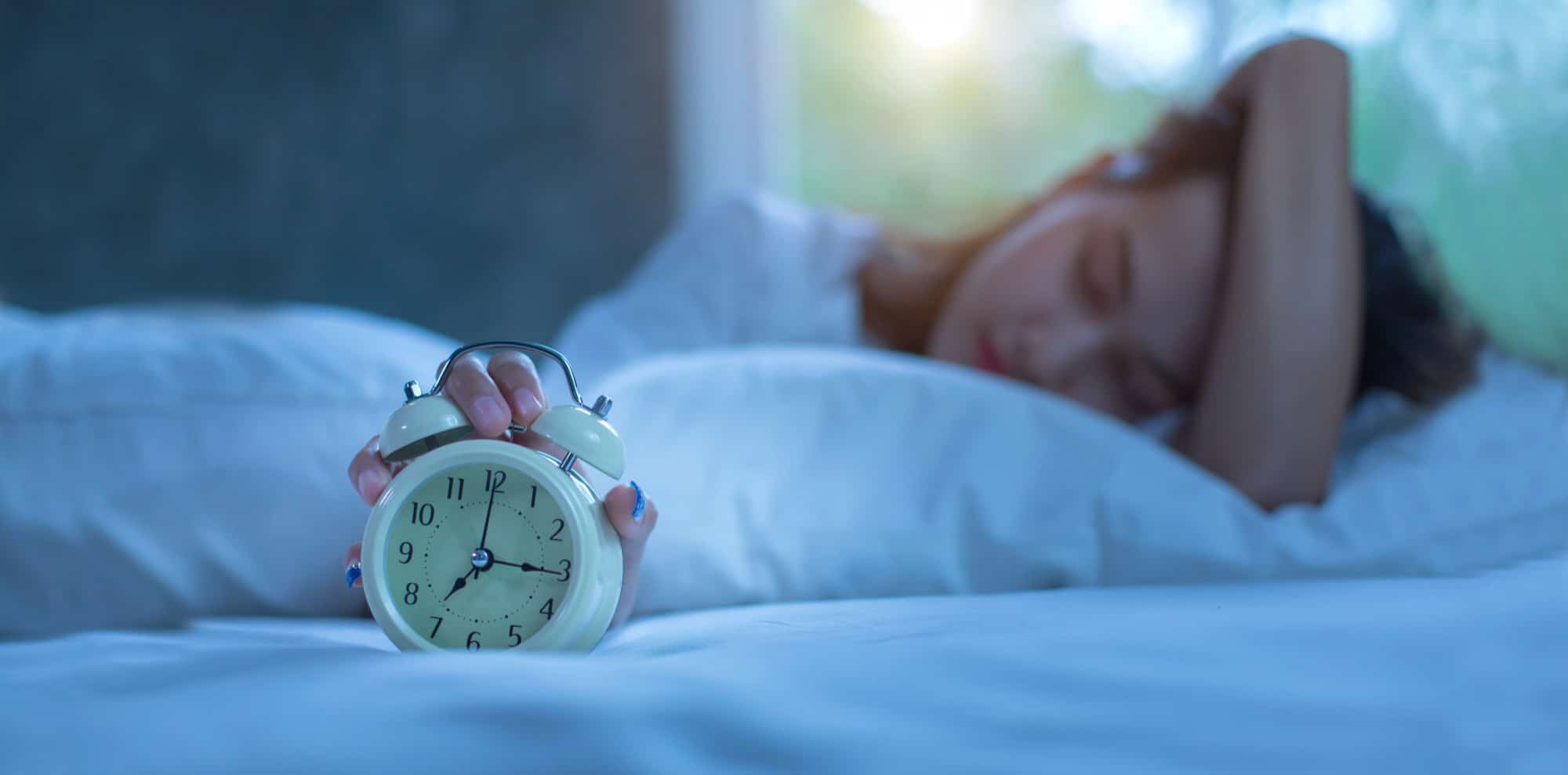
One out of every 10 adults in the United States will suffer from depression. Depression is a mood disorder that affects everyday life in different ways, and there’s a good chance that you or someone you love will experience it at some point. But here’s the good news—new research has found that waking up only an hour earlier will reduce your chance of major depression by 23%.
This finding is encouraging because adjusting your sleep schedule is a straightforward goal that anyone can achieve. While many individuals treat their depression with professional therapy and prescription medicine, steps in our day-to-day lives can prove to be more effective options. If your insurance or schedule makes it challenging to seek therapy, adjusting your sleep schedule comes at no cost and could make a big difference.
Fortunately, many other strategies can help you fight against depression. Diet and exercise, for example, are both significant factors. Something that should be clarified about exercise, though, is that you don’t need to hit the gym for hours at a time! Even 30 minutes of moderate exercise has been shown to improve mood dramatically. Maintaining an active social life also has the potential to make a big difference. Many who suffer from depression find it easier to isolate themselves, but spending time with people who encourage and support you will make it easier to fight against your symptoms.
WHAT SIGNS OF DEPRESSION SHOULD I WATCH FOR?
What are the most common signs that you or someone you know is experiencing depression? It’s important to know what symptoms to look out for to take care of yourself and your loved ones, so let’s discuss some of the ways depression is revealed in day-to-day life.
The most significant indication of depression is a period of low mood that lasts for two weeks. Instead of a simple period of ordinary sadness, this low mood comes with multiple physical and emotional symptoms. On the emotional side, the most common signs are feelings of hopelessness, irritation and disinterest in activities you usually enjoy. Feelings of guilt and worthlessness are also experienced very frequently by those suffering from depression.
When it comes to physical symptoms, there are some major signs to look out for. Insomnia or a disrupted sleep schedule is expected, so is a feeling of tiredness, with fatigue that makes everyday tasks more challenging to accomplish. Another item affected is your appetite – whether you’re suddenly a lot hungrier than usual or you find yourself with no appetite, a sudden shift might be a sign. Finally, restlessness, slowed speech or movement, and unexplained back pain are more physical symptoms that depression can bring about.
HOW CAN SLEEPING SUPPORT MY MENTAL HEALTH?
Speaking of fighting against your symptoms, let’s return for a moment to the topic of sleep! While this latest finding refers to waking up an hour earlier, it’s also good to consider your entire sleep schedule. There are four significant ways to most effectively use your sleep schedule to ward off depression.
The priority is consistency. Going to bed and waking up simultaneously each day is the biggest step to improving your sleep health. Next is being intentional about your bedroom. If you remove any computers, televisions or other bright sources of light, then your room will immediately become a more restful place. Making sure that your room is quiet and that your air conditioning is set at a comfortable temperature will also help you in the long run.
You can also improve your sleep hygiene with the decisions you make during the day. For example, the things you eat and drink can significantly impact the quality of your sleep, so avoid alcohol, caffeine and large meals before hitting the sack. Similarly, daily exercise can ensure that you’re physically tired enough to fall asleep soon after going to bed. So aside from the immediate mental benefits of moderate exercise, the improvement in your sleep health will also improve your quality of sleep and your quality of life as a result.
A PARTING REMINDER
No matter what strategy you use to deal with these symptoms, there is hope in the fight against depression. While we don’t have a method that is 100% effective, strategies like regular exercise, a healthy diet and waking up just one hour earlier can make a big difference. Finding strategies that work for you will do wonders in reducing the symptoms of depression and helping you stay engaged with your life. Stay tuned for more!





0 Comments